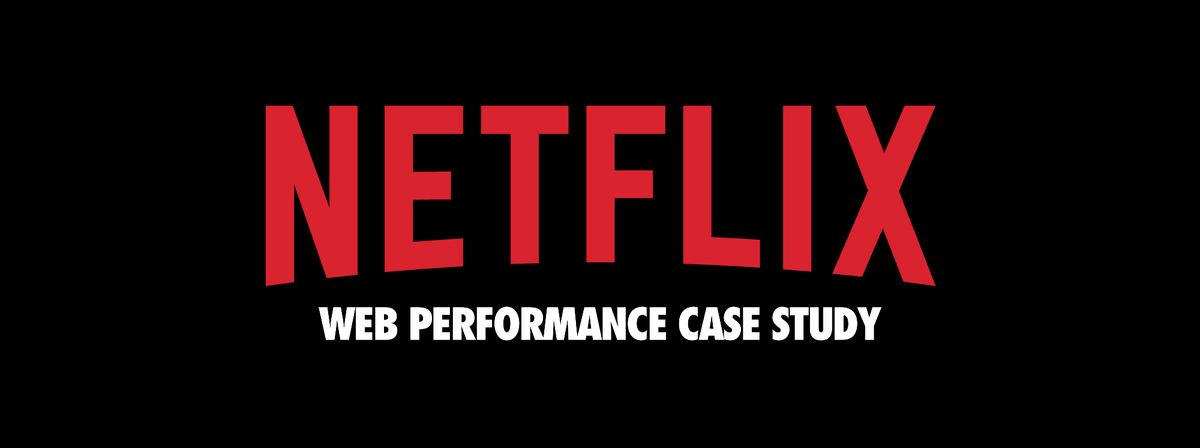Tim McNamara is known as New Zealand’s Rust guy. He is the author of Rust in Action, and also a Senior Software Engineer at AWS, where he helps other builders with all things Rust.
The main reason why Gerhard is intrigued by Rust is the incredible resource frugality. Fewer CPUs means less energy used, which is good for the planet, and good for the monthly bill. This becomes most noticeable at Amazon’s scale, when S3, Lambda, CloudFront and other services start adding Rust components.
Matched from the episode's transcript 👇
Tim McNamara: [laughs] So timClicks was originally a thing… So I was thinking of like a quirky, pithy handle, and I was clicking around on my keyboard. I was trying everything; it was relatively early in Twitter’s life, so I thought I might be able to get a short handle. timClicks actually was just there because I was clicking on the keyboard, and then eventually, I was like, “Oh, this kind of fits.”
[57:38] The things that that really click for me are an inherent – I’ve kind of got this inherent idea that people are kind of growth-driven, or they are… I’m a real optimist for humanity, and we collectively are facing very significant problems, that are tractable. And this doesn’t mean that I want to be overly prescriptive. I don’t want to be paternalistic with my outlook. I don’t necessarily require that everyone adopts my lifestyle. What I do think is really important is to have a genuine conception of how people are feeling – or really listen, I think is really the thing that I want more people to do. And when someone is disag– so it’s very, very natural in a heated discussion to think “I have thought about this through. I have my position very clear. If you are opposing me, that’s because you are wrong.”
And actually, we’ve known for centuries that two people can look at the same evidence and come to different conclusions. I’m veering off-track here, but what I want to sort of say is that I’ve been really disappointed at how discourse is breaking down, especially I think in the anglosphere. In the English speaking world, we’ve had politicians really corrupt public discourse, and I don’t know how to create something that probably never existed, like a genuine public sphere whereby you could create a space for genuine debate. I think that it’s much more likely that the way forward is through incremental changes, rather than large paradigm shifts to get where we might need to go.
Essentially, given that our society is facing, or like humanity is facing very significant existential threats, to actually reduce the stakes of a lot of the decisions. Like, it’s not like “Oh, we need to go to Mars!” We don’t need these – like, we can survive here at least for another, let’s say, 100,000 years. You think about the technology that we’ve been able to produce in the last 80, to be able to get to spaceflight… Well, you think about projecting that along into, like, let’s say, give ourselves another 100,000 years on Earth, and then we might think around terraforming other planets, or we could colonize other worlds. Because at the moment – or like some other really radical changes that might be required. So “Oh, we need to shift every factory. We need to completely remove carbon.” These all sound like very, very difficult, massive things. But saying, “Oh, actually, tomorrow you can take the bus.” Or “The next meal, or the next time that we cater for an event, we can think about the food that we’re buying, and its carbon footprint.” Or we can think about the ecological sustainability of our purchases; things that we have genuine control for.
I think there’s no single lambda function invocation that’s going to justify Rust. But tens of billions or trillions of invocations - at that sort of scale, things change. And, again, I kind of want to stress that we have problems which are solvable, but they aren’t going to be solved with expecting some government or some massive corporation to kind of make a huge shift. Instead, we can make lots of small changes, and I think that that’s what clicks.







